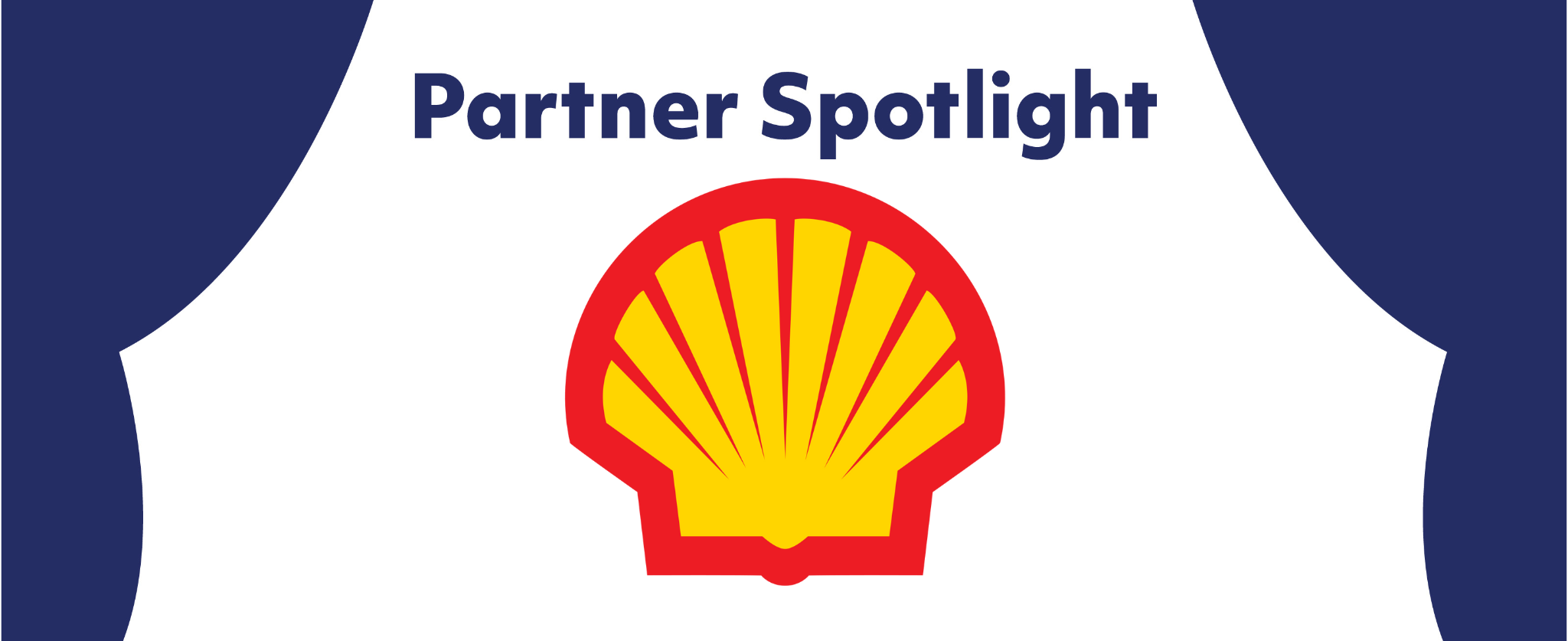Local efforts help Boeing enhance disability inclusion with neurodiversity certification.
The Boeing Defense, Space & Security (BDS) Fabrication Electrical Center of Excellence (ECoE) in Mesa, Arizona, is building a strong and inclusive team that plays a key role in helping refine and sharpen the way BDS Fabrication designs, builds, and delivers products to a variety of programs across the enterprise.
This year the ECoE received certification as a Certified Neurodiverse Workplace from the International Board of Credentialing and Continuing Education Standards (IBCCES).
The ECoE received the certification as part of a larger push for businesses and services across Mesa to complete training and certification in order for Mesa to become the first Autism Certified City. For the ECoE, pursuing certification made sense not just from a community standpoint but from a day-to-day business standpoint as well.
The center works alongside a specialized fulfillment center onsite, in which neurodivergent staff members perform a number of duties in order to enhance panstock (bulk supplies) for the entire ECoE.
“Creating an inclusive environment was important to help all teammates work well together and contribute to the ECoE’s success,” said Georgia Papa, one of the leaders of the effort.
To receive certification, 80% of the employees in an operation must receive specialized training from IBCCES on neurodiversity, which includes autism, dyslexia, of neurodivergent team members. The training involves areas such as how to give and receive feedback, how to create a good working environment, rules around disclosure, accommodations, and more.
“The training was a natural fit,” said Kennedy Donnelly, who previously worked at Mesa in BDS Sales & Marketing International Strategic Partnerships, and currently serves as president of the Boeing Employees Ability Awareness Association (BEAAA), a Business Resource Group that works to cultivate an environment promoting awareness and inclusion of the disability community within Boeing. “The Electrical Center of Excellence was already piloting an inclusive program,” she said.
More than 75 EcoE employees took either a four-hour manager training course or a 30-minute standard course for non-managers in order for the center to receive its certification in April and the effort is already paying off.
“It really helped teammates in the electrical center understand how things like communication might differ across the larger team,” Papa said. “At first, some teammates seemed unsure about how to collaborate in a neurodiverse workplace. Thanks to the training, the team has become more confident about how to effectively practice inclusion in their day-to-day interactions.”
The Mesa ECoE’s certification is just one example of Boeing’s efforts to improve neurodiversity. In Ridley Township, Pennsylvania, the company launched an Autism at Work pilot program to recruit neurodiverse talent, specifically candidates on the autism spectrum. The program was designed in consultation with Specialisterne USA, a nonprofit that partners with organizations to re-examine traditional hiring, training, and onboarding practices.
Through Autism at Work, prospective employees with engineering degrees and software development proficiency who are on the autism spectrum have been recruited to work for Boeing. The pilot’s mission was to develop a reliable and repeatable hiring model that is inclusive of individuals with autism and leverages their key capabilities and expertise. The successful pilot led to three new hires, with the scalable model planned for application across the Boeing enterprise.
More information about the company’s equity, diversity and inclusion efforts and aspirations is available in the 2021 Global Equity, Diversity & Inclusion Report.



